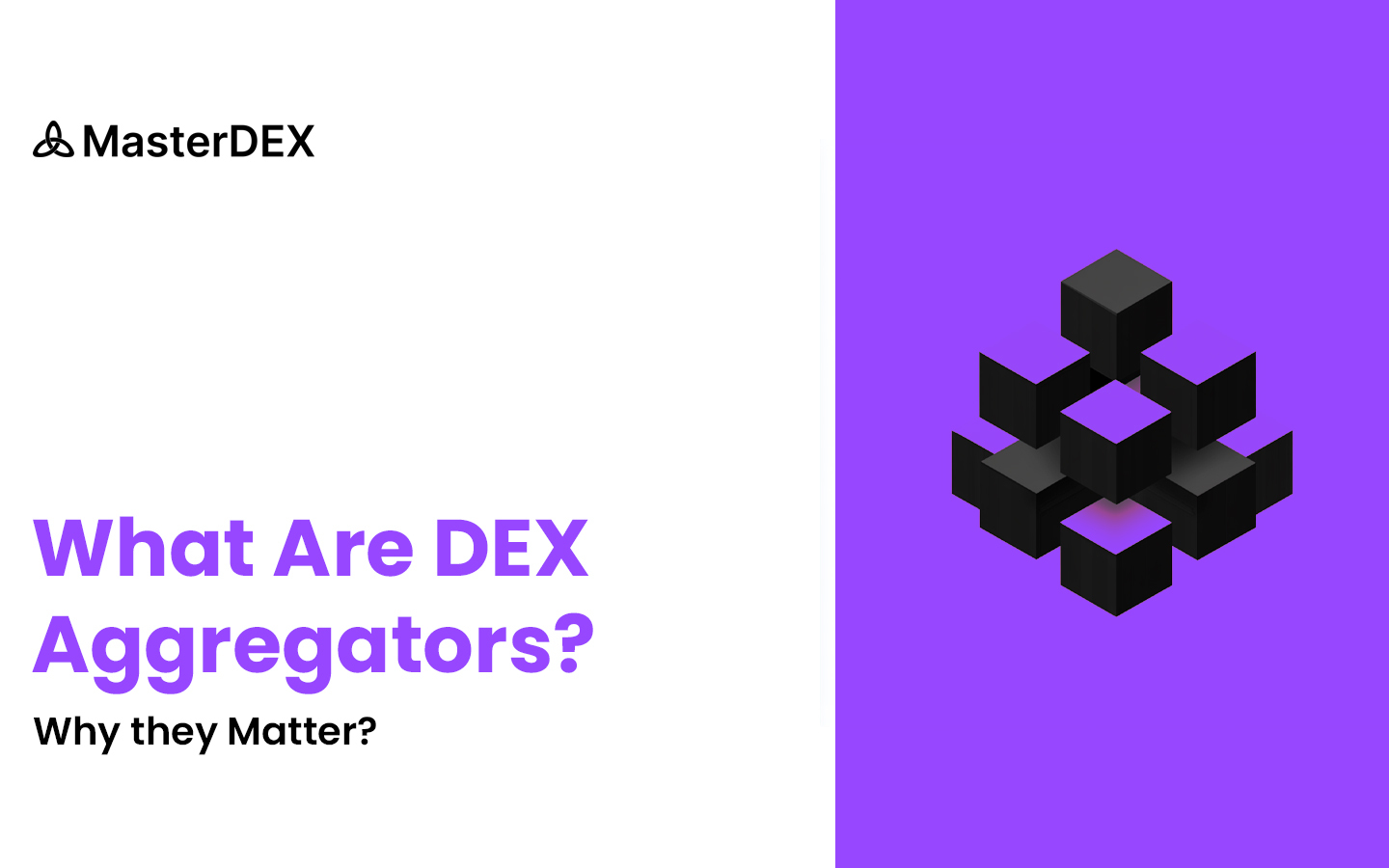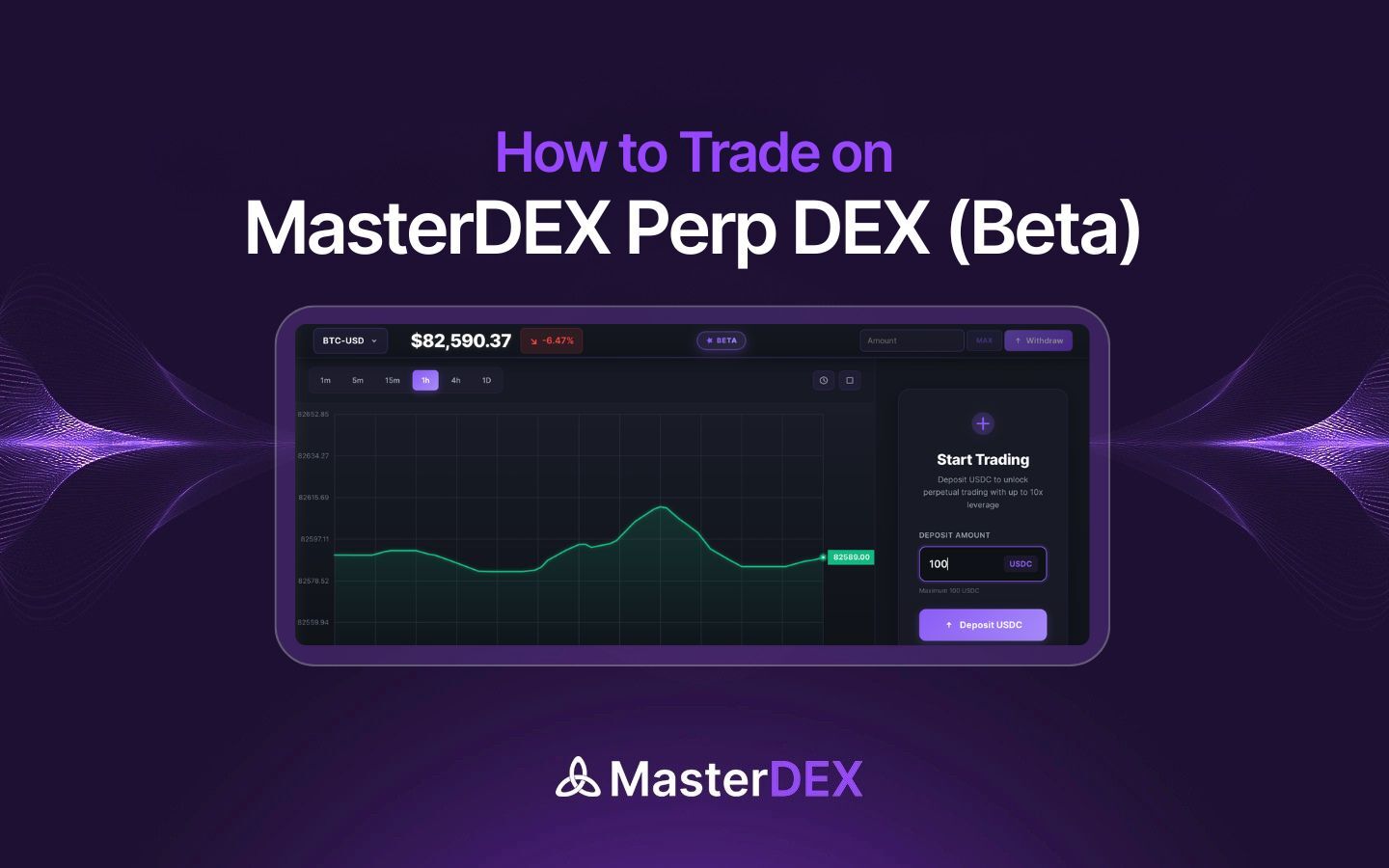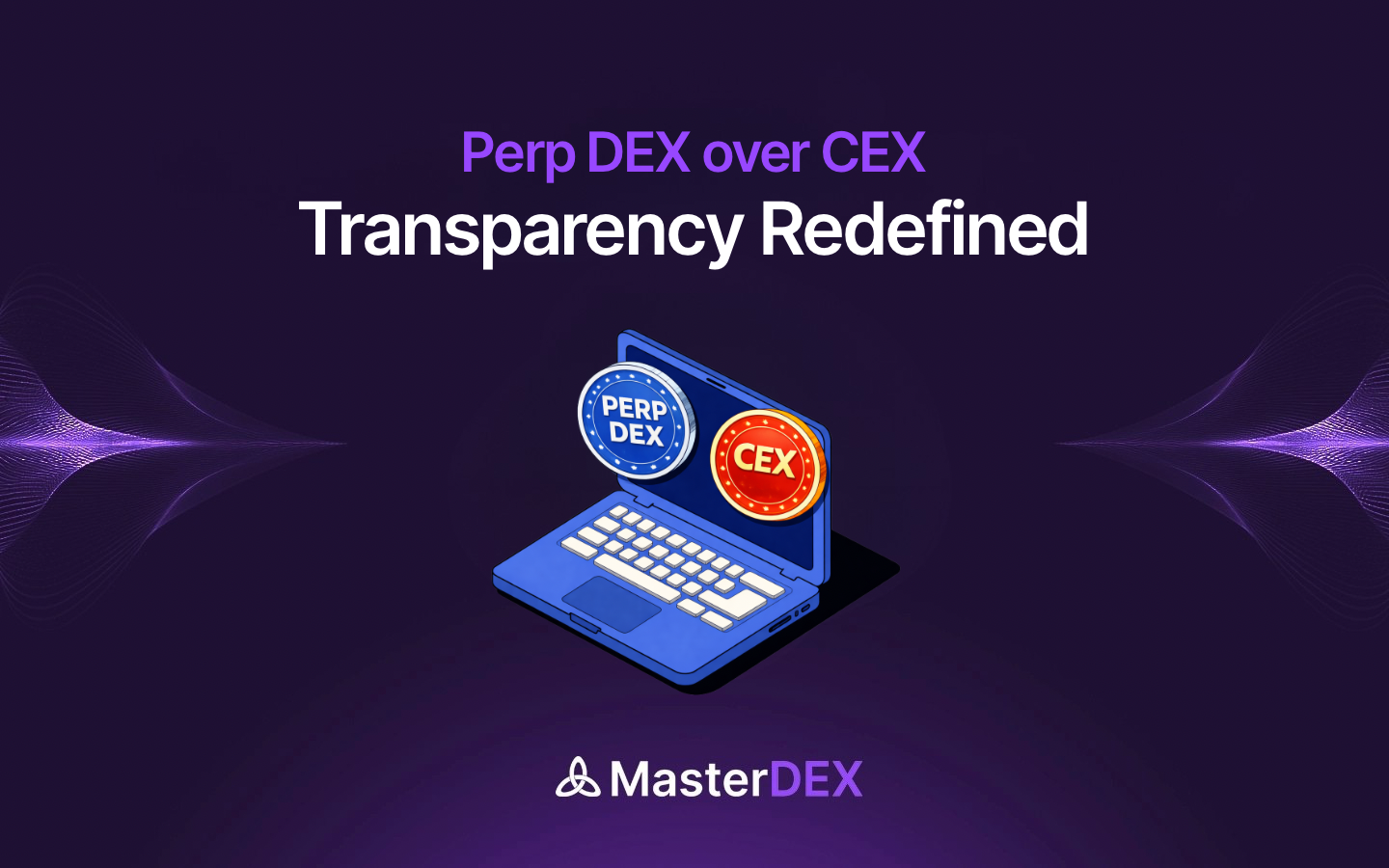A Decentralized Exchange (DEX) aggregator is a platform designed to optimize trading conditions by pooling liquidity from multiple decentralized exchanges. In the decentralized finance (DeFi) ecosystem, liquidity is often fragmented across various platforms, creating inefficiencies that make trading challenging—especially for lesser-known altcoins with smaller market caps.
DEX aggregators address this issue by aggregating liquidity and price data from multiple sources, allowing users to execute trades at the best possible prices. These platforms streamline trading by providing a single interface that eliminates the need to manually search for optimal rates across different exchanges.
Table of Contents:
ToggleHow Do DEX Aggregators Work?
DEX aggregators function by sourcing data from various decentralized exchanges and presenting it to users in real-time. This process is similar to travel fare comparison websites, such as Expedia or Skyscanner, which collect flight prices from multiple airlines to offer travelers the best deal.
When a user initiates a trade, the aggregator scans multiple DEXs across various blockchains, identifying the optimal route for execution. This process is facilitated through smart order routing (SOR), which splits transactions across different exchanges to minimize slippage and maximize returns. By leveraging advanced algorithms, DEX aggregators optimize trading efficiency, ensuring users receive the best possible price with minimal transaction costs.
The Power of DEX Aggregators
DEX aggregators play a pivotal role in enhancing trading efficiency within the crypto ecosystem. These platforms provide a consolidated interface for users to access multiple liquidity pools, making decentralized trading more accessible and efficient.
Why Does Liquidity Matters?
Liquidity refers to the ease with which an asset can be bought or sold without causing significant price fluctuations. In traditional markets, liquidity is managed by market makers. However, in decentralized finance, users themselves act as liquidity providers by depositing assets into liquidity pools.
The liquidity of each token pair depends on:
- The popularity of the DEX
- The willingness of users to supply liquidity
Liquidity fragmentation across multiple DEXs creates price inefficiencies and makes trading difficult, especially for lesser-known altcoins.
How DEX Aggregators Solve the Liquidity Problem
By connecting to multiple DEXs, these aggregators:
- Determine the most efficient liquidity pools for any token pair
- Assure quick trade execution with minimal slippage
- Reduce price impact by splitting large trades across multiple pools
- Lower transaction costs by routing orders through liquidity sources with lower fees
Slippage and Price Optimization
Slippage occurs when the final execution price differs from the expected price due to insufficient liquidity in a pool. Given the high volatility of the crypto market, mitigating slippage is essential.
DEX aggregators solve this problem by optimizing trade execution across multiple pools, ensuring that users get the best available price with minimal deviation.
Key Benefits of Using a DEX Aggregator
DEX aggregators simplify trading and enhance user experience by providing the following benefits:
1. Better Prices
Aggregators scan multiple DEXs to secure the best rates for token swaps. Since liquidity is often distributed across different exchanges, aggregators consolidate these pools to offer the most competitive prices.
2. Convenience
Instead of manually searching through various exchanges, traders can rely on a DEX aggregator to fetch the best trading conditions instantly and seamlessly.
3. Reduced Price Impact
For large trades, fragmented liquidity can cause significant price impact. DEX aggregators mitigate this by splitting trades across multiple pools, ensuring optimal execution.
4. MEV Protection
Certain aggregators use intent-based execution models to shield users from Maximal Extractable Value (MEV) attacks, protecting them from price manipulation.
5. Lower Fees
By identifying liquidity pools with lower transaction fees, aggregators help traders save money on network and exchange costs.
What Is the Best DEX Aggregator?
With numerous DEX aggregators in the market, MasterDEX stands out as a pioneering platform in the DeFi space. This platform redefines how users interact with digital assets by integrating cutting-edge technologies, including- AI, Web3 functionalities and Community-driven features.
MasterDEX aggregates liquidity from multiple decentralized exchanges, ensuring users get the best trading prices across multiple platforms.
Unique Features of MasterDEX
- DEX Explorer – Track new transactions & trading pairs
- Portfolio Management – Get real-time insights into crypto holdings
- Token Swaps – Trade assets with the most competitive rates
- Premium Ads – Promote projects through exclusive advertising space.
MasterDEX is not just meeting the needs of the DeFi community—it is actively shaping the future of decentralized trading by making it more accessible, transparent, and efficient.
Conclusion
DEX aggregators have revolutionized decentralized trading by solving liquidity fragmentation, optimizing price execution, and improving trading efficiency. With platform like MasterDEX, users can navigate the DeFi ecosystem with confidence, accessing the best possible trading conditions without manually comparing exchanges. As decentralized finance continues to evolve, DEX aggregators will play a crucial role in driving the next wave of innovation in crypto trading.



